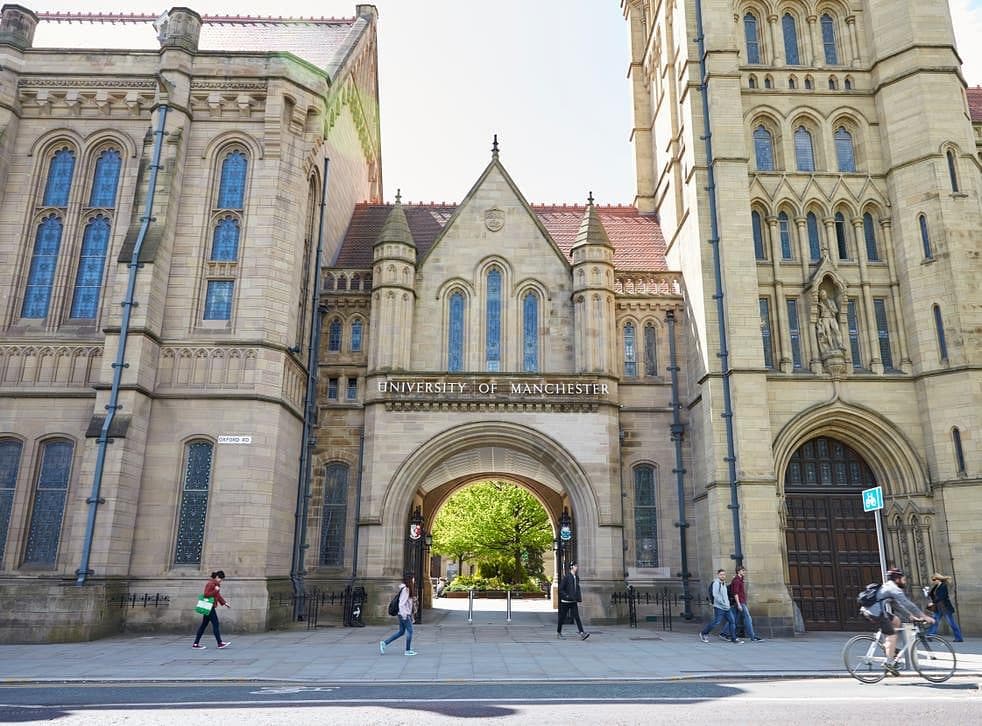Our PhD/MPhil Medical Virology programme enables you to undertake a research project that will improve understanding of Medical Virology.
Medical Virology is an important and rapidly expanding field with sensitive molecular techniques leading to the discovery of many new viruses. Dramatic outbreaks of zoonotic virus infections (e.g. Ebola, MERS, SARS, Nipah, etc.,) are regularly seen and changes in climate, society habits, and medical practice have allowed newly emerging and re-emerging viral diseases to spread.
Control of viral disease is challenging; there are currently no antiviral compounds that have truly broad-spectrum activity so preventing and controlling infection is vital. Modern, rapid methods of diagnosis help us to understand the pathogenesis of virus infections, and more and more vaccines and antivirals are being developed and utilized.
Current research interests include congenital infections, particularly human cytomegalovirus disease, and blood-borne virus infections such as hepatitis C virus, HIV and human polyomaviruses although these areas are not restrictive and a wide range of viral infections are of interest.
During your PhD you will gain practical laboratory experience in molecular virology, cell culture and serology techniques, and learn how these can be applied to both basic science questions and to solve clinical problems. We work with collaborators within the University, the local hospital Trusts and with a wide ranging European network of clinical virologists.
Our position at the interface between basic research and clinical medicine allows our PhD programme to:
-
Enable students to learn how to conduct world-leading research in infection and immunity
-
Prepare our students to become independent researchers
-
Foster interdisciplinary research
